ANALYSIS | US Foreign Policy: How Harris or Trump could rebalance America’s global role if elected
The countdown to Election Day in the United States is on. Presidential candidates Kamala Harris and Donald Trump are set to compete in the much-anticipated debate scheduled for Tuesday, September 10. Once again, the world finds itself in the grips of a heated US election season that could impact the global stage. At the heart of this, there are many indications that the US’ power status in the international system is undergoing radical shifts, which could dampen its globalist role.
Internationalism for the US continues to decline. De-dollarization remains a recurring theme among emerging world economies. Israel is unequivocal about a ceasefire in its conflict in Gaza. President Putin remains unrestrained in pursuing his war aims in Ukraine. On the Korean Peninsula, the frequency of missile tests conducted under President Kim Jong-un, whom this writer dubs “the Rocket Boy,” is particularly alarming.
The next President of the United States (POTUS) will need to navigate the complex geopolitics of this era, marked by fears and suspicions. US-funded international economic institutions, such as the IMF and World Bank, along with the petrodollar, indicate the resilience of the US unipolar stance. However, on many fronts, the US is fast losing its grip. Nonetheless, the world stands to benefit from a US-led international order, and whoever controls the post-Biden era will need to strike a balance in foreign policy. As it stands, the odds seem to favour Kamala Harris—though this is by no means an endorsement.
On September 10, while domestic issues such as abortion rights, immigration, and the economy will be central to the presidential debate, US relations abroad, and each candidate’s plans for interacting with the rest of the world, will be quite consequential. In terms of foreign policy, interest lies in where each candidate stands with the so-called autocracies of China, Russia, and Iran, as well as other contentious issues involving Israel, Ukraine, and, above all, NATO.
Democratic candidate and incumbent Vice President Kamala Harris seems energized and determined. Former President and Republican nominee Donald Trump continues to divide opinion but could potentially turn the tide. This promises to be a significant contest where every action and inaction counts. As each candidate plans to address foreign policy on September 10, the American “golden touch” in world affairs remains crucial. Whoever triumphs will need to acknowledge that the rapid decline of the US power position in the fast-paced geopolitical landscape requires revitalization, ideally through a blend of policies.
The US under President Biden prides itself on championing liberalism and international cooperation, in sharp contrast to Trump, who, during his time in the Oval Office, pursued nationalist and isolationist policies. However, for the US to recalibrate its power position amid the global dramas playing out, it must strike a delicate balance between multilateralism and nationalism.
On multilateralism, international collaboration and alliance formation are cardinal to the US power status, though caution is required. The Biden administration, with Harris as second-in-command, has championed a liberal world order, but at what cost? The White House under the Democrats continues to expend billions of dollars on conflicts and alliances worldwide, but the national debt is alarming and leaves much to be desired.
Conversely, Trump’s nationalistic policies, while in office, led to notable diplomatic wins and placed the US on solid footing. One such win was the historic peace deal known as the “Abraham Accords,” which normalized relations between Tel Aviv and Arab-Muslim countries, including Abu Dhabi, Manama, and Khartoum. Trump dealt with the autocracies of China, Russia, and North Korea while promoting American interests and bolstering peace. He remains the first and only US President to meet with a North Korean leader and the first incumbent Commander-in-Chief to cross the 38th parallel into Pyongyang. Trump’s nationalistic stance ensured the US achieved a win-win collaboration with both allies and adversaries. However, his version of internationalism is problematic. The US network of partners and allies cannot be disregarded if America is to enhance its power status in world affairs. Uncle Sam is too vital to the international system to be relegated to a diminished role.
The Democratic approach to global affairs is insufficient on its own to bolster US presence, given the current geopolitical realities. The Republican approach is similarly flawed. The broader idea is for both parties to set aside certain differences in foreign policy if the US is to maintain its globalist role.
Washington remains a vital component of the international system. No state, at least for now, possesses the wherewithal to challenge the US in global affairs. Nonetheless, Uncle Sam faces a tough path ahead. The de-dollarization of the world economy alone could undermine the US power position. As September 10 approaches and presidential polls draw nearer, the White House will need to find a balance to stay afloat.

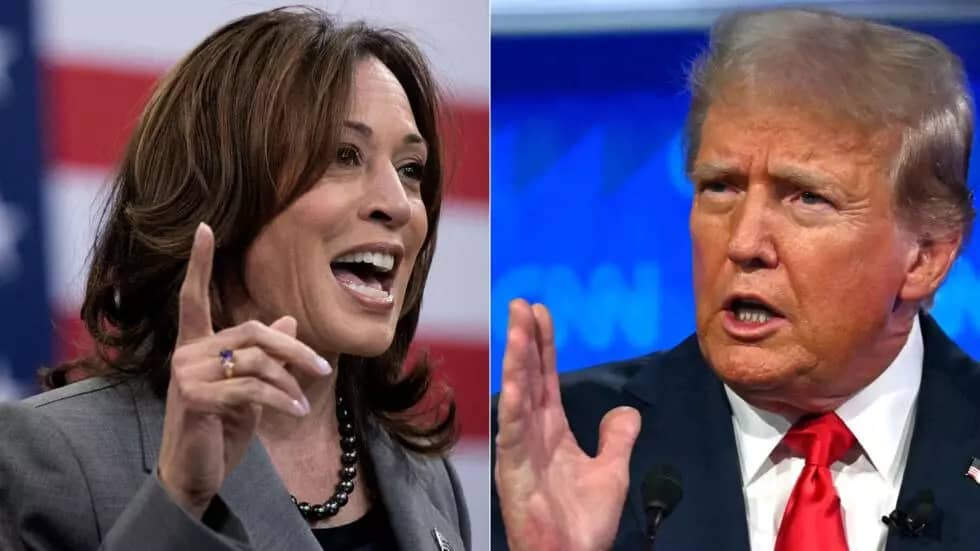

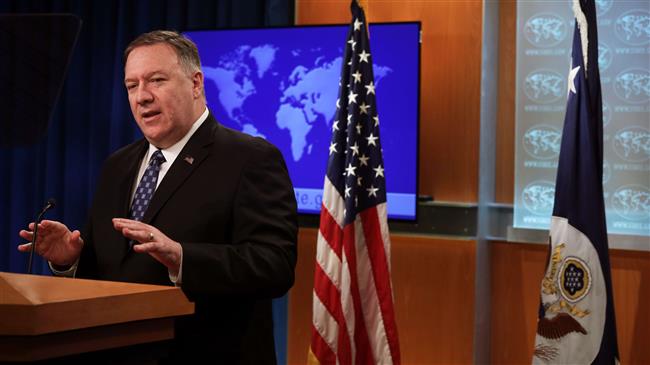
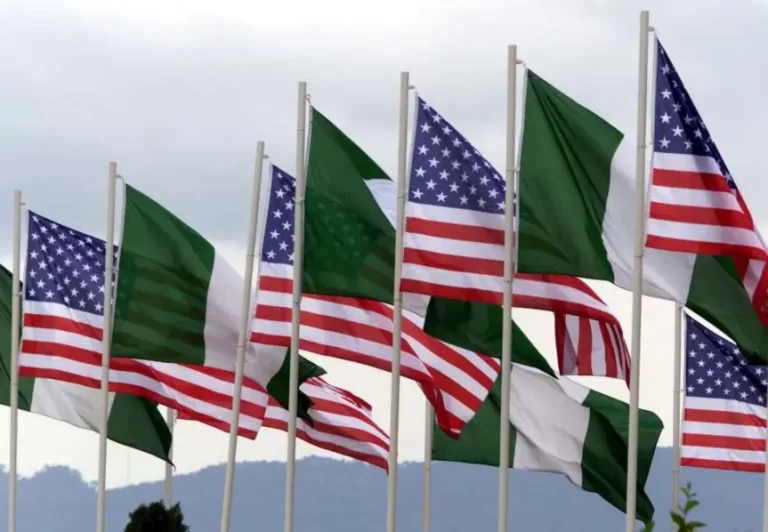
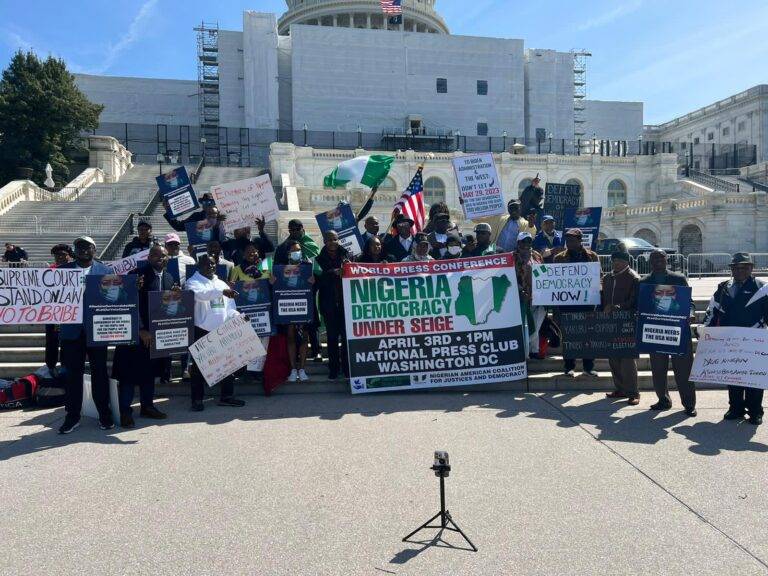
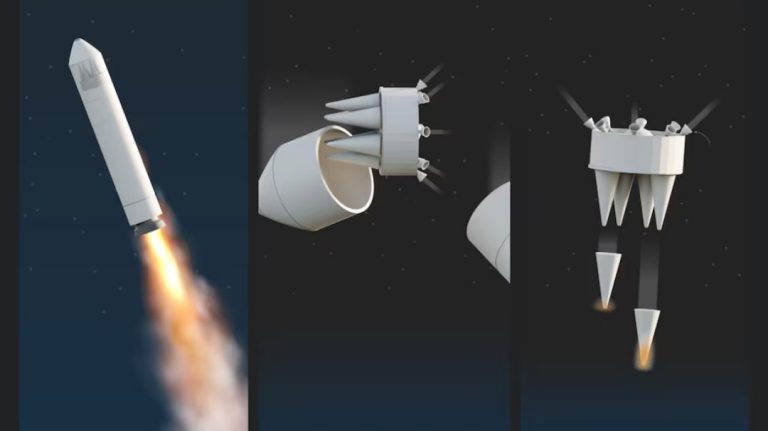
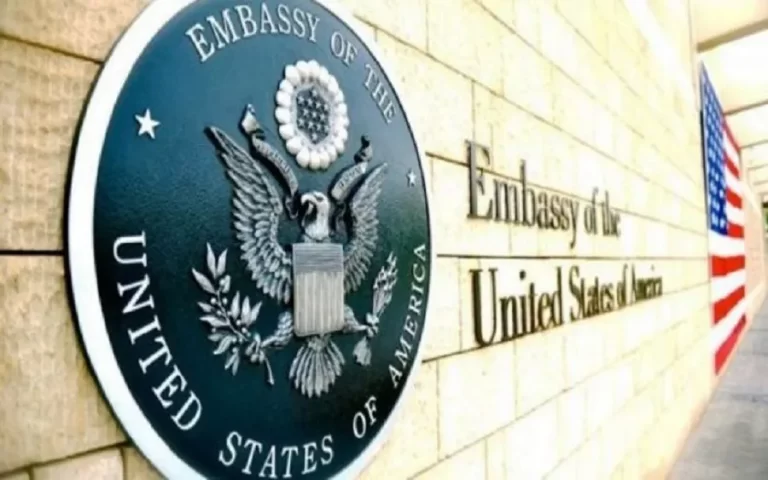
Despite the connection and being at the pinnacle of greatness, the United States currently face two sides rocket. The internal issue cannot be overemphasized at the same time the issue of alliance with the countries of the world is also very important for them to maintain their status quo. However championing the course of internal stability may in one means affect the outside domination. The next president will have a lot of tough decisions to make. Kudos to this writer.